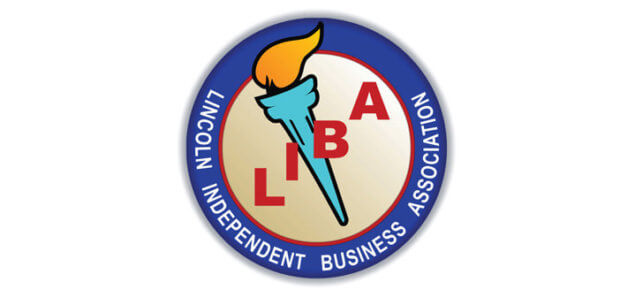Making Sure We Pay Attention
In an untraditional year, we are experiencing a very non-traditional summer. Normally, the Nebraska Legislature has adjourned way before August. This year, they are in the midst of addressing many different issues during hot summer days and nights in the chamber with no air conditioning. The Lincoln City Council is usually discussing a two-year budget and this year because of the pandemic and impact on businesses, they are only talking about a one-year budget and will go through another budget cycle next year.
However, don’t let this change catch you off guard—now more than ever it is important to stay engaged and stay informed. I recommend spending time on these budgets because there may be items you identify which make you ask questions.
In the course of budget review, I notice how many elected officials want to say, “We didn’t raise taxes.” This sounds wonderful to the taxpayer…until we dive deep. First, let’s talk about property taxes. A large majority of taxpayers are seeing increased values on their homes, thus increasing the amount of tax we pay on our homes. When we are paying more in taxes, regardless of to which entity, this is a tax increase. It seems somewhat disingenuous that an elected official spouts that they didn’t raise your taxes. To be clear, they may not have raised the levy they charge. However, the increase in valuation of your home does result in you paying more in taxes.
Some Lincoln residents may think, so what? It doesn’t affect me as I rent, not own, where I live. This affects renters too as landlords will pass these increased taxes due to valuation increase out to their renters. A resident may only see the increase as a “price of one pizza a month”.
What about the business owner? Many businesses in Lincoln were unable to open their doors for three months. Even now that they are open, their revenues are probably down due to requirements for social distancing or just people uncomfortable leaving their homes. Yet, they still must pay their property taxes and utilities. Which brings me to our next topic.
We see our city going to utility companies and working with them to increase their fees for our utilities. This is referred to as a “fee increase.” Yet, I would ask, if the City is asking for more from the utilities and the utility company is charging us more as rate payers, isn’t this the same as a tax increase? After all, the City is the one driving the price increase in order to balance a budget. Not to mention the “trickle-down effect” of the fee increase when businesses incur such fees and are forced to increase their prices, this impacts everyday citizens even more than a simple residential increase.
Now we are not talking about just “one pizza a month” for Lincoln residents. Our grocery stores will need to increase their costs to cover the increase in not only property taxes but also utility expenses. The small business owner who cuts your hair, makes your pizza, or takes care of your car may all need to increase their prices to cover these increases. Now it’s not just “one pizza a month” to the average household but maybe two or three. That’s assuming this pandemic hasn’t resulted in that business closing their doors forever and eliminating jobs from Lincoln’s economy.
Lincoln’s proposed budget is $42 million dollars more than what was budgeted last year. Perhaps now is not the time to force the utility companies to increase their franchise fee or city dividend. Let’s all do our best to make Lincoln affordable with low utilities and property taxes. It may just help keep our neighbors in their homes and our local small business owner keep their doors open. Please pay attention and trust but verify.
 LIBA studies and promotes these types of issues that are important to businesses and our community. If you have an interest in joining LIBA, please call me at (402) 466-3419. LIBA membership is not restricted to just businesses. We also have “individual” memberships for those who want to help influence our local government decisions.
LIBA studies and promotes these types of issues that are important to businesses and our community. If you have an interest in joining LIBA, please call me at (402) 466-3419. LIBA membership is not restricted to just businesses. We also have “individual” memberships for those who want to help influence our local government decisions.
For more information on LIBA, visit Liba.org.

